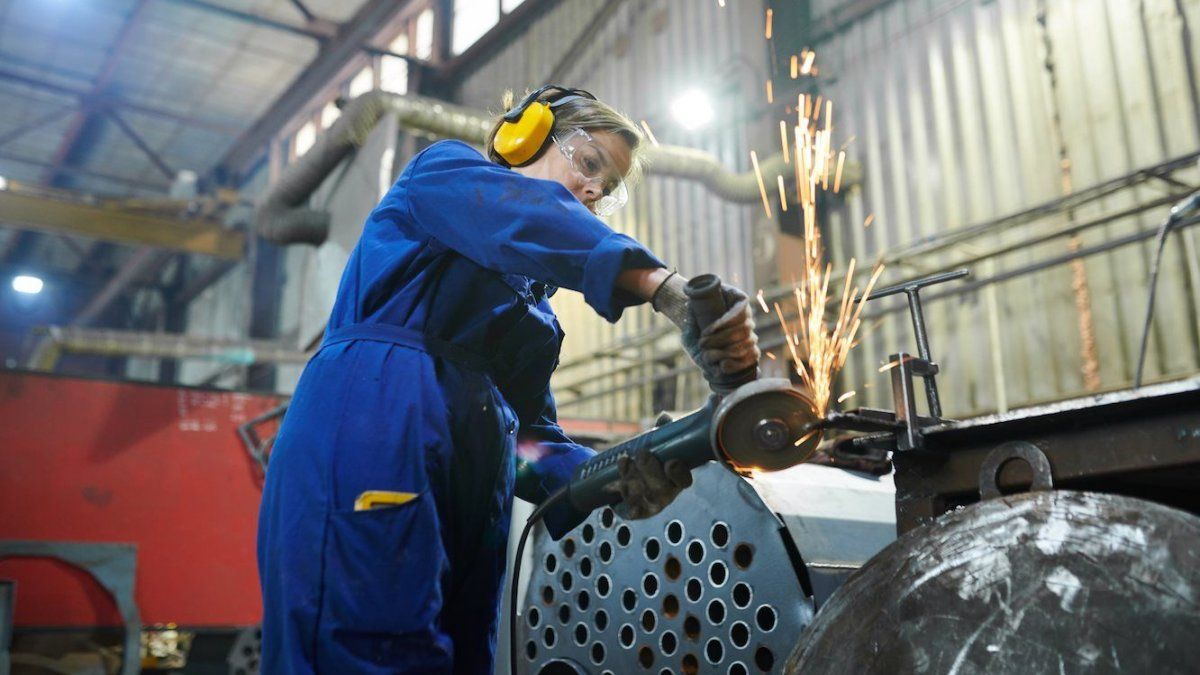According to data released by INDECthe activity accumulated in May two consecutive months with negative variation. The impact of the drought will continue to affect the indicators for the following months, so the consultants they also estimate a new contraction for the June datawhich will be known this Wednesday.
Going forward, the prospects are not encouraging. It is that analysts warn that the devaluationadded to the uncertainty and the elevated inflationcould impact the economy during the second semester.
This Wednesday the INDEC will announce the June EMAE. When projecting what can be observed in this indicator, from the LCG consultancy they analyzed: “Key sectors such as Industry and Construction contracted 1.3% and 1.5% seasonally adjusted monthly, respectively. In contrast, consumption indicators had a disparate behavior: DGI VAT and credit card loans grew 6% and 1% seasonally adjusted monthly, while imports of consumer goods contracted 3% monthly.
“For its part, retail consumption activity (CAME) marked a slight rise of 0.3% per month. In summary, we expect economic activity to continue contracting in June, around 0.5% per month. In annual terms it would mean a fall of 1.7%”, they highlighted from LCG.
Meanwhile, the General Activity Index of the Orlando Ferreres consultancy presented a 4.4% year-on-year drop in June, while the seasonally adjusted measurement contracted 0.5% compared to May.
“The negative drag is explained, of course, by the numbers that agricultural activity is registering; so much so that, with the exception of agriculture, all sectors of activity registered an annual variation higher than the general level. In any case, industry and commerce also show an acceleration in the contraction of their activity in June, reflecting the general cooling of the economic progress”, they explained from Ferreres.
Devaluation impact
The post-PASO devaluation and the volatility of alternative exchange rates, added to higher inflation expected in the second part of the year, it will also have an impact on levels of economic activity.
This was stated by the consulting firm Equilibra: “After the post-Paso 2019 devaluation, the level of activity fell by almost 4% in seasonally adjusted terms between July and the end of that year. If something similar happens, GDP will fall by an average of 3.0% in 2023 (pre-PASO we expected an annual contraction of 2.5%)”.
“The outlook for economic activity deteriorates after the depreciation of the exchange rate and the start of massive adjustments in the prices of goods and services in the economy. The contractionary bias of these events will translate into a deeper recession and, potentially, a new low for monthly inflation. Thus, price, consumption and investment decisions are naturally coordinated towards a negative and divergent equilibrium with recovery and stabilization”, said Martín Calveira, a research economist at the IAE Business School.
“At the same time, the level of uncertainty in an economy with persistent imbalances affects growth despite the attempt to boost it in the short term.. This exposes the activity towards a contractive dynamic that could potentially be accentuated in the second half of the year as a consequence of avoiding corrections in a year of presidential elections”, highlighted Calveira.
The inflationary acceleration and the jump of the alternative dollars conspires against the growth of consumption, of marked preponderance in the GDP. “We are seeing the loss of purchasing power of our currency partly because people are fleeing the peso and another part because the Central Bank is issuing a lot. There is also a part that has to do with the flight of Argentine savings, which become dollars and those currencies go under the mattress. But that means that domestic demand is being underfunded, which makes consumption and investment fall,” said Aldo Abram, Executive Director of the Libertad y Progreso Foundation.
“I think that what we have been seeing as a recession is going to deepen, until some calm arises, which can be given by the presidential candidates, among other things. As well as the electoral results. The key is how much more risk perception we are going to have: the higher the risk perception, the less we consume, the more we save and transform that into dollars. Therefore, the internal demand shrinks more”, concluded Abram.
Source: Ambito




